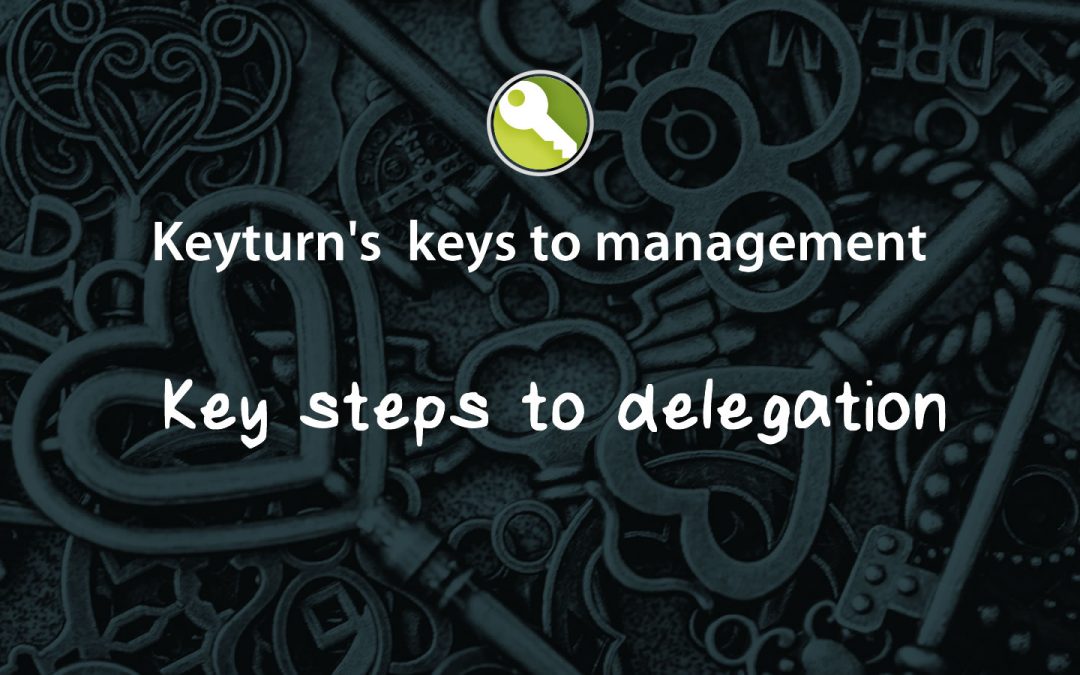You are overwhelmed with the amount of work that needs to be done, but delegation seems too much hard work. Maybe you can relate to some of these statements:
- It is just easier to do the job myself
- No one does it the way I want it done
- They don’t understand the job
- I haven’t got time to communicate and hand over a piece of work
Delegation requires a step by step approach to be effective. Ignore negative ‘put offs’ and continue positively, aim to motivate by following through with any promises you make in support and reward, during and following the task. Most importantly be thorough with your communication when delegating, avoiding misunderstanding or time wasting.
Key steps to delegation
- Analyse and clearly identify the task
- Decide if the task is appropriate for delegation
- Who could it be delegated to? What is their ability? Check out their strengths and development areas. Is training required?
- Check that you are confident/willing to hand over the task giving appropriate authority
- Check that relevant resources are available to complete the task
- What time is required to plan – train – execute?
- Select the person and agree what the task is and the result required, the reason for it and the time scale. Confirm that the person delegated to perform the task is willing (motivated) to do so
- Delegate the task without telling how it should be done
- Follow through the task and reward if done well. If not done to your satisfaction – but every effort made, re-train without criticism
What may feel like short term pain, can give long term gain. Spending time to delegate some of your regular tasks now can save you time in the future.
Delegation spans a number of areas covered in our Leadership and Management training programmes: Leadership and management training programmes.

